New Delhi, October 18, 2025 — In a landmark diplomatic engagement, India and Egypt convened their inaugural Strategic Dialogue in New Delhi, co-chaired by EAM S. Jaishankar and FM Badr Abdelatty. The dialogue covered trade, investment, defense, regional stability, and institutional architecture, marking a new inflection in bilateral engagement.
Strategically timed, the talks come at a moment when India is expanding its foreign policy canvas—adding depth to ties with the U.K., Sri Lanka, Brazil, and Canada—and seeking partners to anchor its Global South diplomacy and supply-chain diversification goals.
Jaishankar particularly commended Egypt’s mediation role in Gaza de-escalation efforts, framing Cairo as a fulcrum for stability across North Africa and West Asia. The two countries also flagged the connectivity potential via the Suez corridor as complementary to India’s trade ambitions.
Historical Anchors & Recent Momentum
Strategic Partnership Since 2023
India and Egypt have elevated ties in recent years, with a Strategic Partnership launched in June 2023. The dialogue now institutionalizes that framework.
Abdelatty’s visit to India, which included a business tour and multiple ministerial meetings, laid the groundwork for the dialogue’s agenda-focused approach.
The countries also marked the 70th anniversary of the Egypt–India Friendship Agreement, underscoring decades-old ties. Strategic & Geoeconomic Context
Egypt’s location at the crossroads of Africa, the Middle East and the Mediterranean gives it outsized geoeconomic importance. For India, linking the India-Middle East Economic Corridor (IMEC) via Egypt offers access to European markets and alternative trade routes. Abdelatty explicitly underscored the need to resolve the Palestine issue to safeguard progress on transit connectivity.
Meanwhile, Egypt has indicated losses amounting to over $9 billion due to Red Sea shipping disruptions from Houthi attacks, reinforcing its interest in stable maritime routes.
Furthermore, Egyptian statements suggest closer alignment with India in countering extremist ideology, pointing to potential cooperation in security and narratives.
Key Pillars & Dialogue Outcomes
Trade, Investment & Connectivity
The dialogue underscored Egypt’s structural reforms (flexible exchange rate, credit rating upgrades) intended to attract Indian investment in sectors like green hydrogen, renewables, textiles, and manufacturing.
The Suez Canal Economic Zone was spotlighted as a receptive domain for Indian firms, with exemptions and incentives offered.
Both sides agreed to activate the 8th session of the Egypt-India Joint Committee, tentatively in Cairo in H1 2026, with a business forum to sit alongside it.
Connectivity in sectors like green energy, and shared investment in solar, wind, electrolyzers and manufacturing linkages were discussed in depth.
Defense, Security & Counterterrorism
Defense cooperation, joint training, intelligence sharing, and counterterrorism emerged as core pillars. Given Egypt’s regional role, India sees value in deeper coordination in Middle East security envelopes.
Regional Diplomacy & Gaza Role
Jaishankar praised Egypt’s Gaza peace mediation, crediting it for leading humanitarian corridors and ceasefire diplomacy. He reaffirmed India’s support for stable outcomes and cooperation in reconstruction, especially in line with the Sharm El-Sheikh Summit. The two ministers also discussed shared challenges in Sudan, Lebanon, Libya, Yemen and global governance reform.
The dialogue reflected a convergence in Global South diplomacy—emphasizing sovereignty, non-alignment, and multilateral reform, particularly of institutions like the UN and Security Council.
Strategic Implications & Opportunities
Diversifying India’s Western Linkages
India has deepened ties with the U.K., Africa, Brazil, Canada—this India-Egypt dialogue adds West Asia / North Africa infrastructure to its diplomatic matrix. Egypt’s Suez connectivity is a pivotal node in transit diversification.
Strengthening India’s Gaza / West Asia Diplomacy
India’s endorsement of Egypt’s role in Gaza enhances its credentials as a neutral actor and positions New Delhi to mediate or cooperate regionally.
Trade & Investment Gains
If incentives, SEZ zones, and corridor alignments materialize, Indian capital could flow significantly into Egyptian industrial ecosystems. Exporters, energy firms, and manufacturing players gain from this.
Security & Strategic Balancing
Egypt’s security position in Africa and the Middle East makes it a useful partner in intelligence, counterterrorism, maritime security (Red Sea, Suez) and maritime chokepoints.
Governance & Institutional Linkages
The Joint Committee activation and MoU pipelines across sectors (tech, AI, defense, energy) will require robust institutional mechanisms—data standards, collaborative agencies, project oversight.
Risks & Dependencies
Political volatility in the region (conflicts, regime shifts) may stall progress. Egypt’s own fiscal pressures or security exposures may constrain commitments. India will need to ensure that engagement is resilient to regional shocks.
Voices & Reactions
“This dialogue is more than symbolic—India and Egypt are crafting a future architecture in trade, diplomacy and strategic cooperation,” commented an Indian foreign policy analyst.
From the Egyptian side, Abdelatty emphasized shared principles of self-determination, freedom, justice and multilateralism in the talks.
Indian business chambers expressed hope for streamlined investment channels into Egypt’s Suez Zone, citing tax incentives and regulatory clarity as future items of focus.
What to Watch Going Forward
- Formal MoUs and project pipelines flowing out of this dialogue
- Timing and location of the 8th Joint Committee session in Egypt
- Indian investment announcements in Egypt in Q4 2025 / H1 2026
- Egypt joining or aligning with IMEC / transit corridor projects involving India (Abdelatty flagged importance of Palestine resolution for corridor progress)
- Defense cooperation pacts, joint exercises or capacity building
- Outcome monitoring and whether India hosts reciprocal dialogues
- Civil society, parliamentary oversight and public opinion on expenditure and cooperation
Concluding Reflections
The first India–Egypt Strategic Dialogue is far more than a diplomatic checkbox. It marks the maturing of a partnership with breadth—stretching across commerce, security, regional diplomacy, and strategic connectivity. Jaishankar’s praise for Egypt’s Gaza role adds normative heft; Egypt’s strategic geography lends substance.
If this dialogue transitions into actionable MoUs, investment corridors, and infrastructural pipelines, India may gain a powerful western gateway bridging its South Asia identity and Mediterranean outreach. In an era where geopolitical shifts demand new alliances, India and Egypt may be positioning themselves as mutual architects of a renewed Global South consensus.
The real test now lies not in rhetoric, but in execution: whether joint committees, project oversight, and sustained momentum translate these foundations into shared prosperity and strategic leverage.
#IndiaEgypt #Diplomacy #Gaza #ForeignPolicy #IndoPacific #GlobalSouth #StrategicDialogue #Connectivity











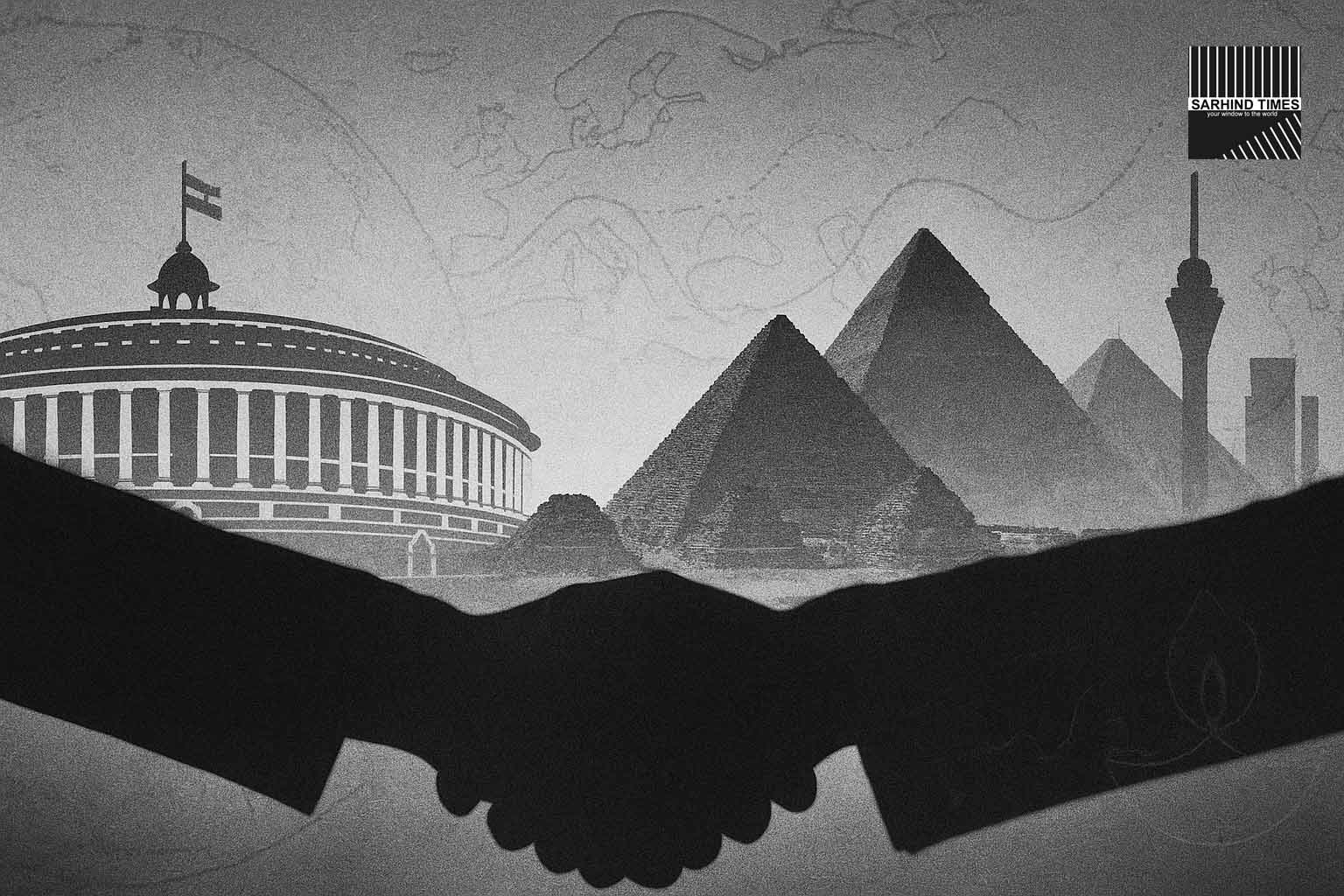
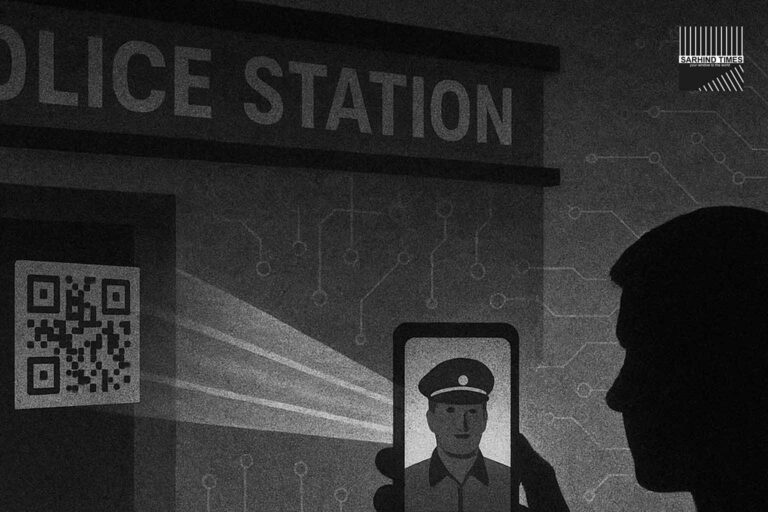


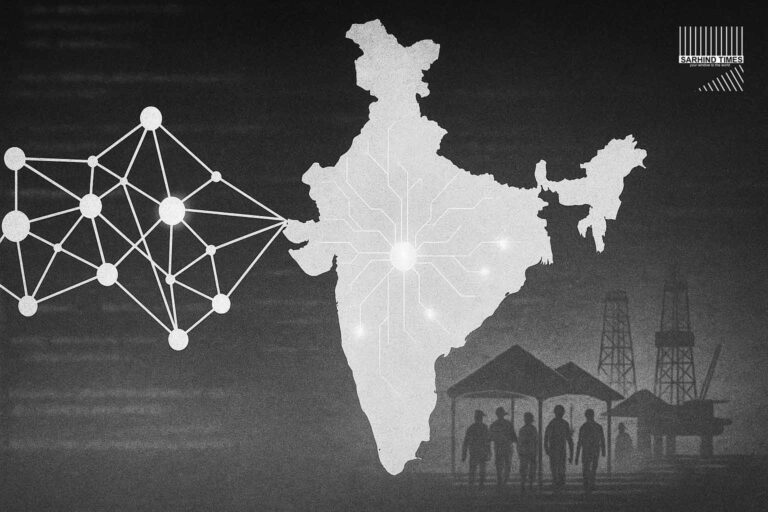
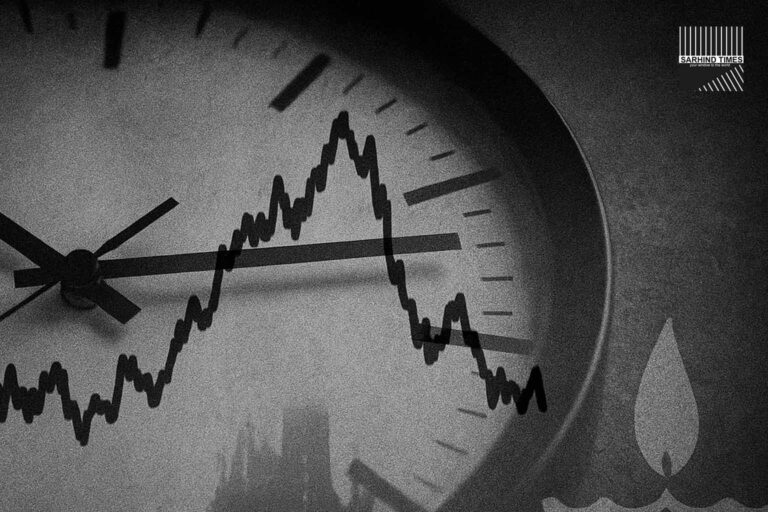
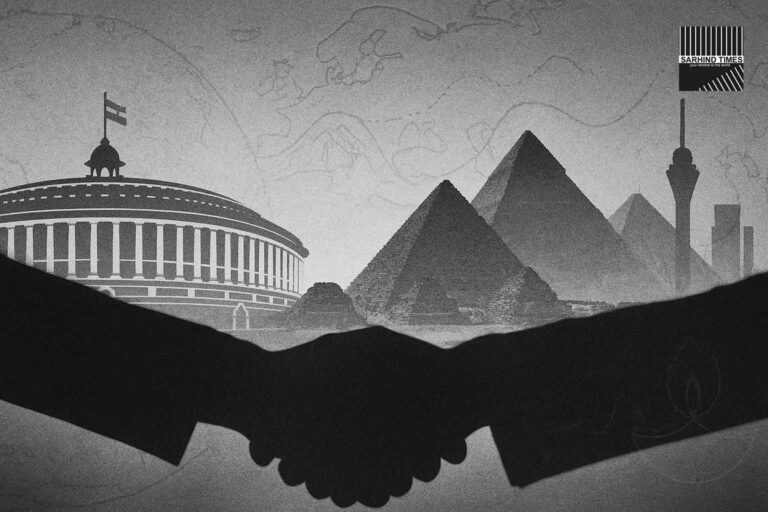



+ There are no comments
Add yours